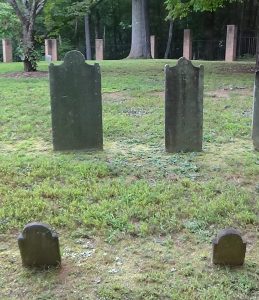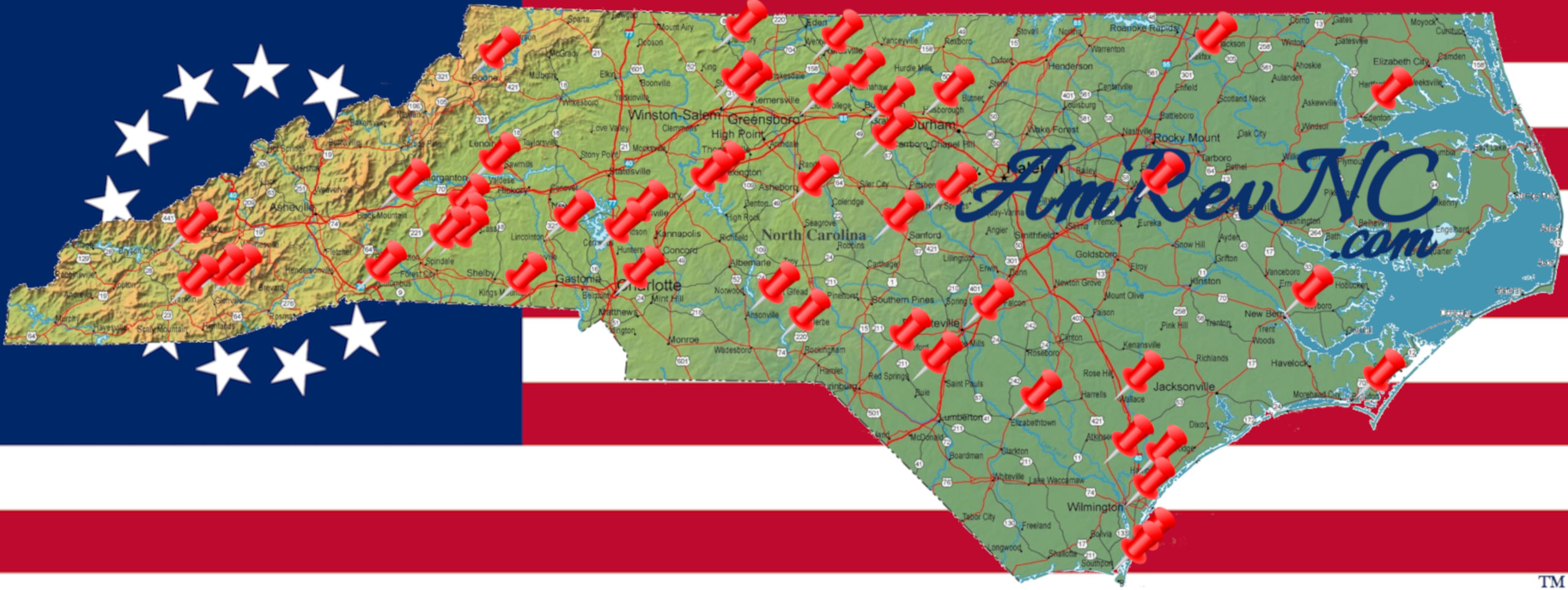Stepped Aside for the Overmountain Men
Biography

Before independence was declared, Virginia-born Charles McDowell joined the new Rowan County 2nd Militia Regiment as a captain. He had moved to Quaker Meadows (now Morganton) with his family. He was a lieutenant colonel during the 1776 Cherokee Campaign, and when Burke County was created the next year, McDowell was raised to colonel in command of its militia. He spent much of the war protecting against Cherokee and Loyalist raids. When British Maj. Patrick Ferguson was at Gilbert Town, McDowell’s force challenged Ferguson at the Battle of Cane Creek but was driven off. It withdrew across the mountains, where he and his brother Joseph may have helped concoct the Overmountain Campaign in response to Ferguson. During that, McDowell graciously agreed to step aside from command despite his seniority, given signs he did not have the confidence of the other colonels. He was on his way to Hillsborough delivering news of the campaign and thus missed the decisive Battle of King’s Mountain (S.C.). McDowell’s strengths were in organization and supply: He secretly manufactured gunpowder in a cave near Quaker Meadows. When a new multi-county district was created in the mountains, he was named its brigadier general, and in that role led another Cherokee campaign in 1782. After the war McDowell filled a number of government roles, including justice of the peace and state senator for many years. He helped lay out Morganton, and was in the state conventions that first rejected and then approved the U.S. Constitution.
More Information
- Ervin, Eunice, Under the Forest Floor (The Historic Burke Foundation, 1997)
- Lewis, J. D., ‘The Patriot Leaders in North Carolina – Charles McDowell’, The American Revolution in North Carolina, 2013 <https://www.carolana.com/NC/Revolution/patriot_leaders_nc_charles_mcdowell.html> [accessed 29 April 2020]
- ‘Marker: N-3’, North Carolina Highway Historical Marker Program <http://www.ncmarkers.com/Markers.aspx?MarkerId=N-3> [accessed 22 February 2020]
- Powell, William, ‘McDowell, Charles’, NCpedia, 1991 <https://www.ncpedia.org/biography/mcdowell-charles> [accessed 29 April 2020]



